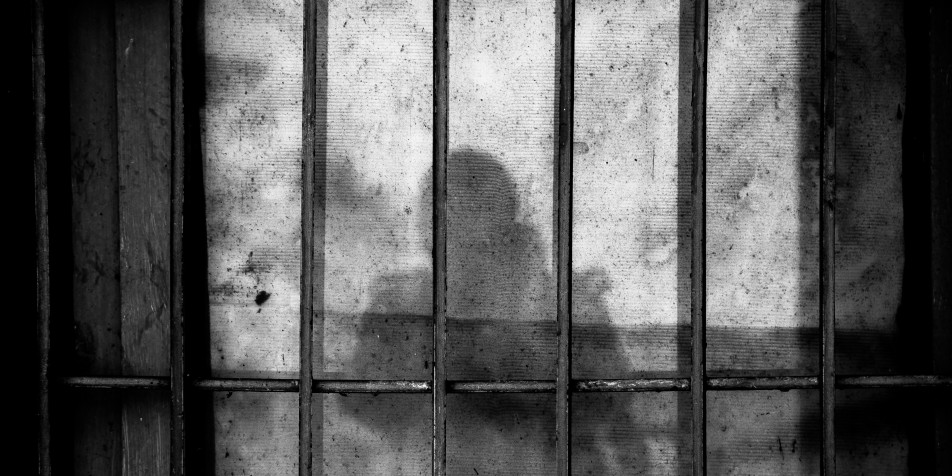How the top U.S. official for incarcerated youth sees the challenges for kids in the justice system

The number of young Americans in juvenile detention dropped by 77 percent over the last two decades, from more than 100,000 to just over 25,000, according to federal data published late last year. Despite this huge reduction due to changing laws and policies, experts say young people still face stubborn barriers that make it more difficult to successfully reenter society after their release from incarceration.
“Part of the whole initiation of the juvenile court system more than 100 years ago was to provide a path forward for young people to be rehabilitated,” said Liz Ryan, administrator of the U.S. Office of Juvenile Justice and Delinquency Prevention. In 2014, Ryan founded the Youth First Initiative, a national advocacy campaign that helped close youth prisons in six states and redirected more than $50 million to community-based alternatives to incarceration. She said her previous work outside the Biden administration informs her priority to serve young people at home and in their communities.
Ryan spoke with the PBS NewsHour’s digital anchor, Nicole Ellis about the persistent challenges stacked against incarcerated youth.
The number of young Americans in juvenile detention dropped by 77 percent over the last two decades, from more than 100,000 to just over 25,000, according to federal data published late last year. Despite this huge reduction due to changing laws and policies, experts say young people still face stubborn barriers that make it more difficult to successfully reenter society after their release from incarceration.
“Part of the whole initiation of the juvenile court system more than 100 years ago was to provide a path forward for young people to be rehabilitated,” said Liz Ryan, administrator of the U.S. Office of Juvenile Justice and Delinquency Prevention. In 2014, Ryan founded the Youth First Initiative, a national advocacy campaign that helped close youth prisons in six states and redirected more than $50 million to community-based alternatives to incarceration. She said her previous work outside the Biden administration informs her priority to serve young people at home and in their communities.
Ryan spoke with the PBS NewsHour’s digital anchor, Nicole Ellis about the persistent challenges stacked against incarcerated youth.
The difficulty of getting a minor’s criminal record expunged or sealed is one of those hurdles, according to Ryan, who explained that a clean record is integral to a young person’s ability to move through life unhindered by stigma.
“Something that comes up in every single conversation with young people is that they need employment,” Ryan said. According to a 2018 analysis from the nonprofit advocacy organization Juvenile Law Center, people with criminal records have a harder time getting hired – 50 percent of employers are less likely to call or extend a job offer to an applicant with a record. But the odds are even worse for people of color who have been incarcerated.
“On average, youth who spent time in juvenile facilities were unemployed for three weeks per year, but Black youth were unemployed for five weeks per year,” the Juvenile Law Center said in a publication.
photo credit - Ye Jinghan via Unsplash
